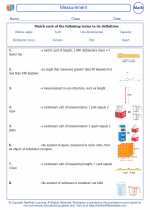Weight
In mathematics, weight is a measure of how heavy an object is. It is a crucial concept in everyday life as well as in various fields such as science, engineering, and commerce. Understanding weight is important for solving problems related to measurements, conversions, and comparisons of mass.
Units of Weight
The standard unit of weight in the metric system is the gram (g) and its multiples such as the kilogram (kg) and the tonne (t). In the customary system, the basic unit of weight is the ounce (oz) and its larger counterparts like the pound (lb) and the ton (short ton or long ton).
Converting Units of Weight
To convert between units of weight, you can use conversion factors. For example, 1 kilogram is equal to 1000 grams, and 1 pound is approximately 0.4536 kilograms. Understanding these relationships is essential for converting weights from one unit to another.
Measuring Weight
Weighing scales are used to measure the weight of objects. The reading on the scale indicates the force exerted by the object due to gravity. It is important to understand the accuracy of the scale and the units being used for measurement.
Adding and Subtracting Weights
When adding or subtracting weights, it is important to ensure that the units are consistent. If the weights are in different units, they should be converted to the same unit before performing the arithmetic operation.
Study Guide
To master the topic of weight, consider the following study guide:
- Learn the basic units of weight in both the metric and customary systems.
- Understand the conversion factors between different units of weight.
- Practice measuring weights using a weighing scale and interpreting the readings.
- Solve problems involving the addition, subtraction, multiplication, and division of weights.
- Apply the concept of weight to real-life situations, such as grocery shopping, cooking, or shipping packages.
By mastering the concept of weight and its applications, you will develop a strong foundation in measurement and be able to solve a wide range of problems related to weights and mass.
.◂Math Worksheets and Study Guides Fourth Grade. Measurement
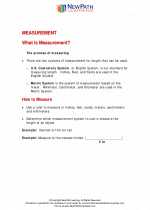
 Activity Lesson
Activity Lesson
 Activity Lesson
Activity Lesson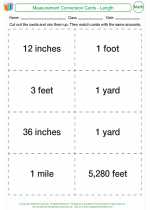
 Activity Lesson
Activity Lesson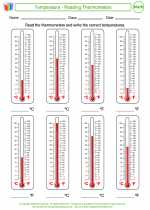
 Worksheet/Answer key
Worksheet/Answer key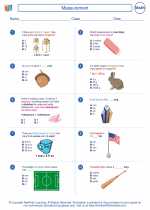
 Worksheet/Answer key
Worksheet/Answer key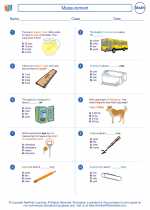
 Worksheet/Answer key
Worksheet/Answer key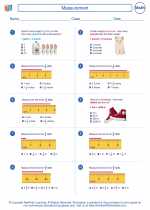
 Worksheet/Answer key
Worksheet/Answer key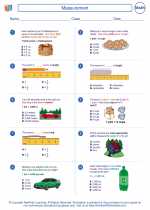
 Worksheet/Answer key
Worksheet/Answer key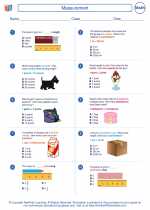
 Worksheet/Answer key
Worksheet/Answer key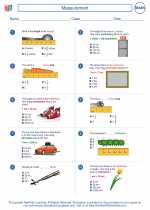
 Worksheet/Answer key
Worksheet/Answer key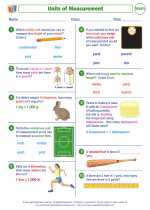
 Worksheet/Answer key
Worksheet/Answer key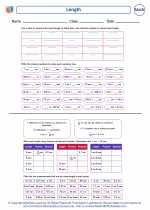
 Worksheet/Answer key
Worksheet/Answer key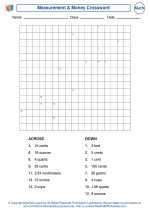
 Worksheet/Answer key
Worksheet/Answer key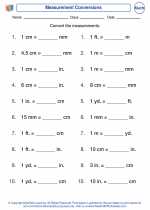
 Vocabulary/Answer key
Vocabulary/Answer key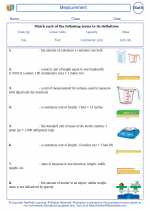
 Vocabulary/Answer key
Vocabulary/Answer key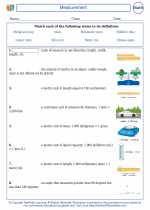
 Vocabulary/Answer key
Vocabulary/Answer key